The real estate industry just witnessed a seismic power play that is reshaping the virtual tour landscape. Zillow announced it was pulling all Matterport 3D tours from both Zillow.com and StreetEasy. Another volley in an all-out battle for control over immersive property experiences. The move stems from CoStar's decision not to renew its API agreement with Zillow and the implementation of restrictive content usage terms following CoStar's massive $1.6 billion acquisition of Matterport earlier this year. The standoff is really about control, who owns the pipes for tomorrow's property experiences, and the spatial data that fuels them.
When giants collide: the $1.6 billion catalyst
The roots of this dispute trace back to February's game changer, CoStar completed its acquisition of Matterport. Matterport pioneered 3D digital twins and built what many consider the most comprehensive spatial data library in the world. The price tag was eye catching, the strategy even more so. CoStar had been one of Matterport's biggest clients for nearly a decade, with almost 300,000 Matterport digital twins already integrated across CoStar's platforms.
That massive dataset, over 14 million spaces across 177 countries, representing more than 50 billion square feet of property data, effectively handed CoStar the most expansive collection of spatial property intelligence ever assembled. The implications became crystal clear when CoStar's updated terms and conditions began prohibiting the use of its content on "any third party platforms that compete with CoStar Group's products and services".
Timing mattered. Consumer appetite for immersive experiences is surging, 62% of buyers want more 3D tours available and 72% of sellers prefer agents who use virtual tours. CoStar turned that momentum into leverage, turning virtual tours from a nice-to-have feature into a competitive weapon in the portal wars.
The technology behind the territorial dispute
Why all the fuss over 3D tours? Because Matterport's tech is not just pretty pictures. At the core is Cortex, a powerful AI software engine that automatically generates 3D digital twins while providing detailed property insights, including precise dimensions and room layouts. It is more than a tour, it is a spatial intelligence layer that can inform valuations and maintenance.
Then there is the generative twist. Matterport's upcoming "Genesis" tool uses generative AI to remove or add furniture and remodel spaces virtually, so users can visualize renovations or optimize layouts, even slide back through time lapse Matterport captures during construction to see behind walls. Think of it like what OpenAI did for language, only applied to physical space.
The foundation gets stronger with Matterport's reach. The company has a global network of several thousand photographers and service partners producing hundreds of thousands of new 3D digital twins monthly. Control the network, and you do not just own the tech, you own the distribution of immersive property experiences across residential, commercial, and industrial.
Strategic countermoves in the virtual reality wars
Zillow's response shows the stakes. Instead of living with restricted access, Zillow chose to remove all Matterport tours from its platforms. Zillow says only a small percentage of listings are affected. The signal is bigger than the number, protect long term independence, even if the short term experience takes a hit.
That stance lines up with Zillow's recent moves. Months earlier, Zillow and Realtor.com announced a collaboration to share 3D home tours and interactive listings, leaning into Zillow's own 3D home tour technology launched in 2019. The message, if CoStar walls off Matterport, rivals will build or partner their way to an alternative.
The fallout has been messy on the ground. CRMLS initially asked members to remove photos, videos, and tours created by CoStar, threatening $1,500 fines, then later clarified that CoStar media could still be uploaded after the company "confirmed" its terms of use. Whiplash, and a reminder that the rules are shifting in real time.
Philosophically, the split is stark. Sources at Zillow say the company's own 3D tours and content can be reused outside of Zillow. That open posture appeals to pros who do not want to be locked into a single ecosystem.
What this means for the future of immersive real estate
This is not just a feature fight. It is a race to own the infrastructure of spatial intelligence in real estate. Context helps, there are more than four billion residential and commercial buildings on the planet, and the market for digital twins reaches into urban planning, insurance, and facility management.
Short term, expect faster innovation. Zillow's more open approach to its own 3D content gives professionals a flexible lane. CoStar's integration of Matterport across Apartments.com, LoopNet, and Homes.com offers a powerful closed loop for those willing to stay inside its walls.
Long term, AI is the swing factor. CoStar plans to invest in research and development for AI applications using Matterport's spatial data library, which could power automated valuations and space optimization recommendations. As virtual and augmented reality go mainstream, whoever holds the best spatial data holds the keys to immersive experiences that go far beyond basic tours.
We have seen this movie in social media, streaming, and cloud computing. Real estate now has its own platform wars. The question is not whether immersive experiences become standard, it is whether they stay open and interoperable or fracture across proprietary ecosystems.
The new reality of spatial data sovereignty
The CoStar Zillow virtual tour clash is more than a spat, it is a preview of how spatial intelligence will reshape the industry. With CoStar's $2.7 billion in 2024 revenue underscoring the financial muscle behind this land grab, rivals face a hard choice, dependence or fresh innovation. Zillow's decision to pull Matterport content shows big platforms will trade a bit of short term polish for long term leverage. For agents and consumers, the outcome decides whether immersive property experiences remain portable or get trapped in walled gardens. The winner will not just control virtual tours, they will own the rails for how we discover, evaluate, and interact with physical spaces in a digital world.




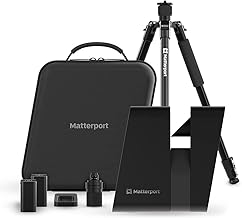








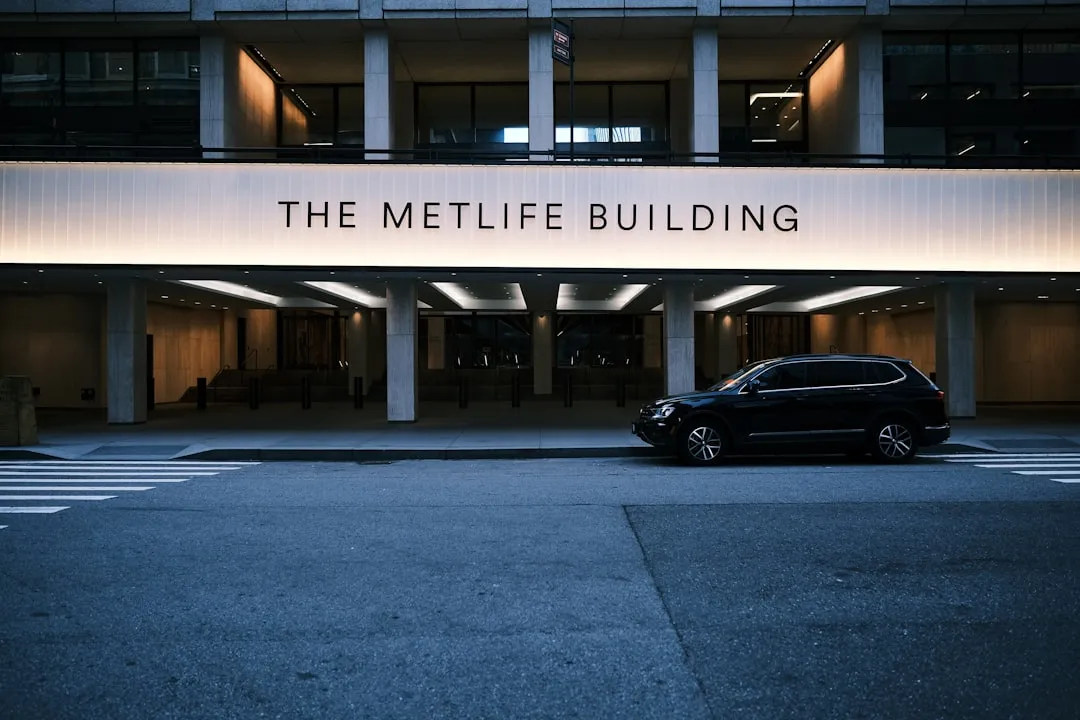



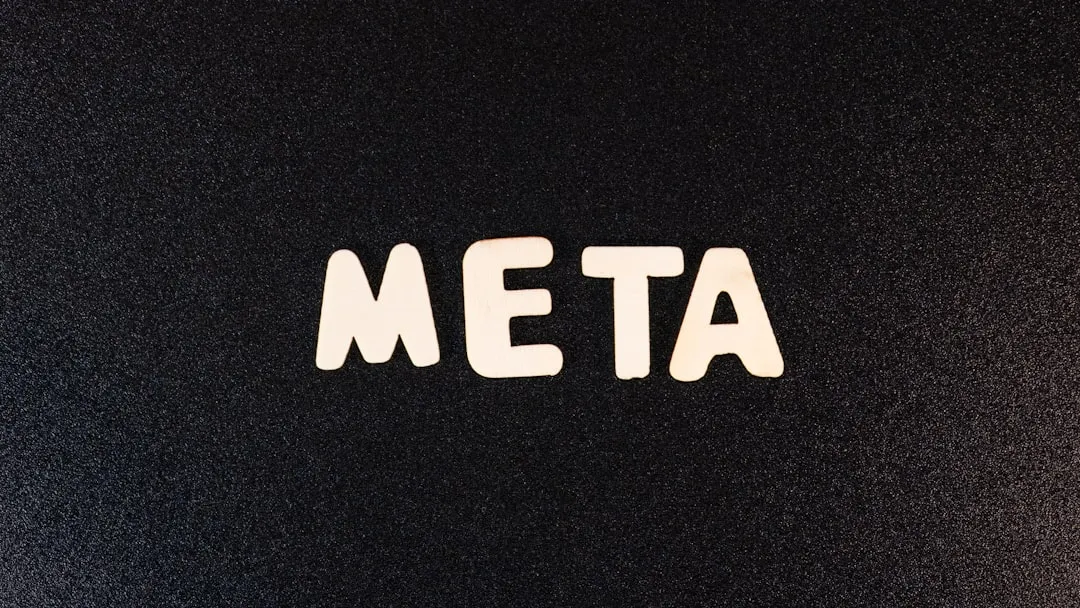



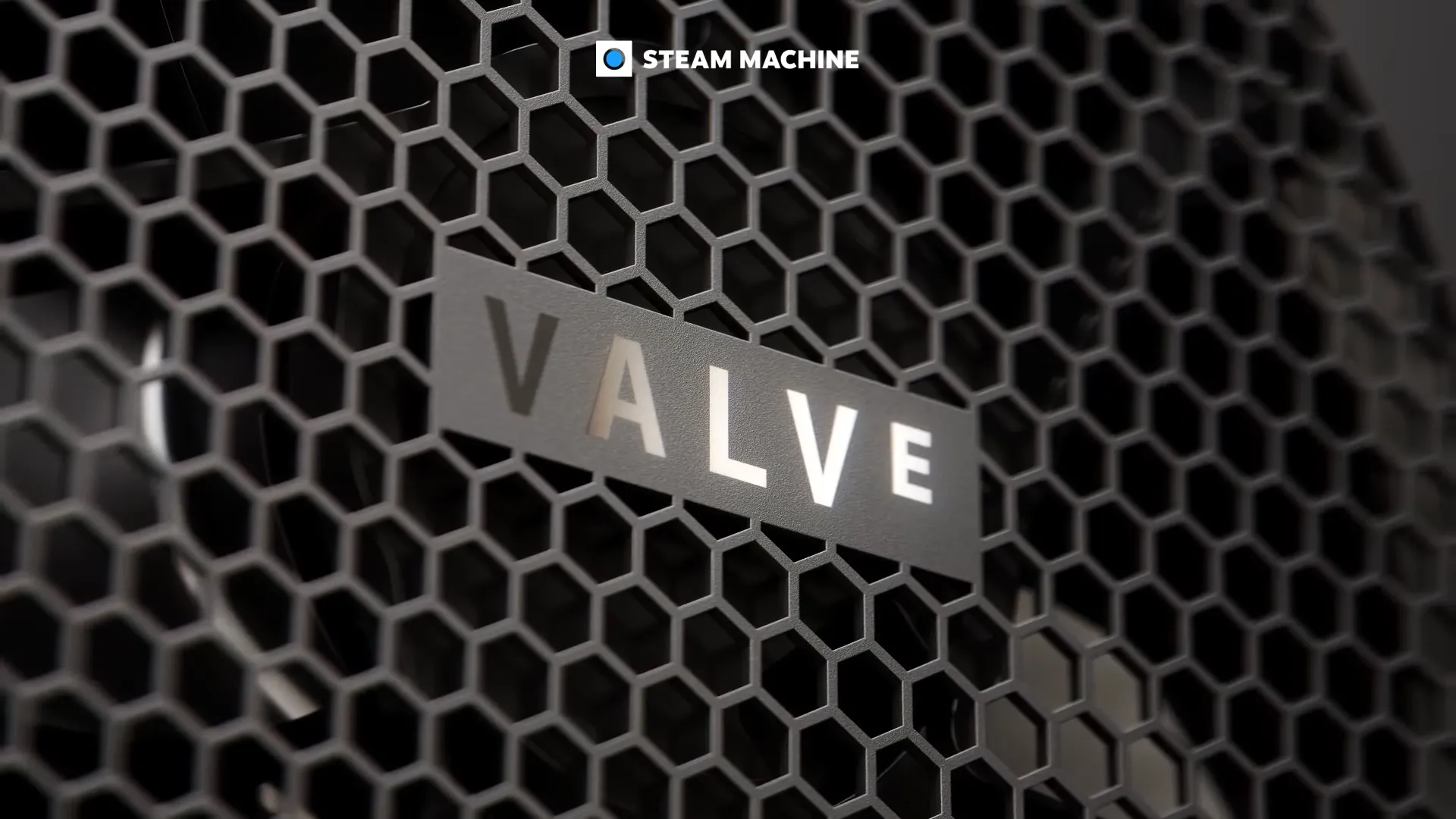
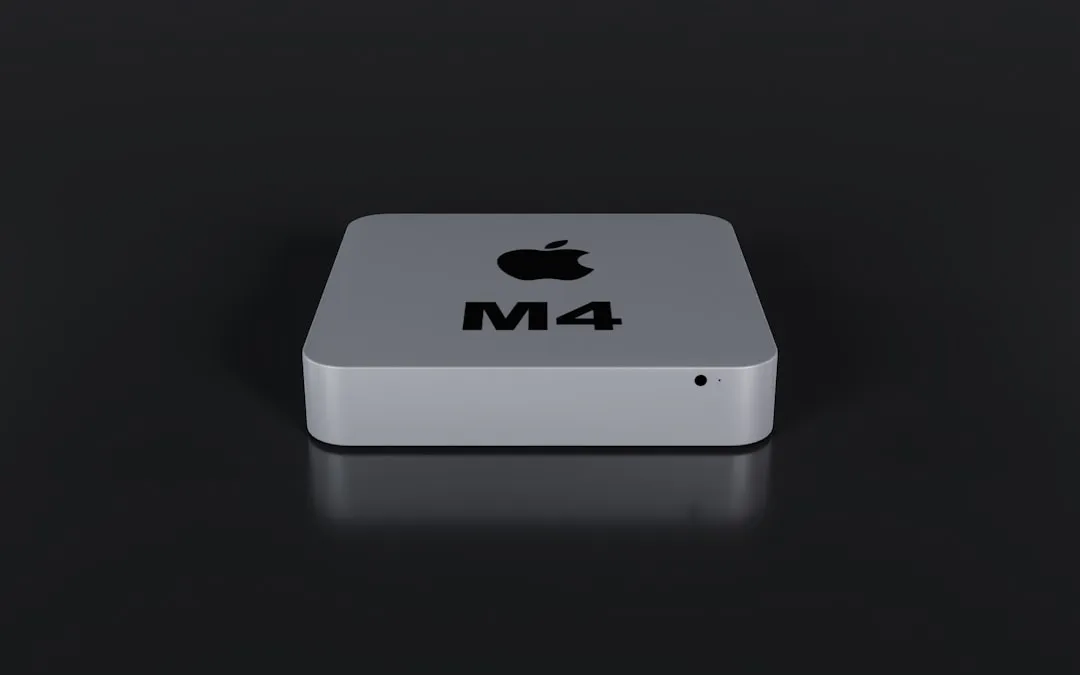
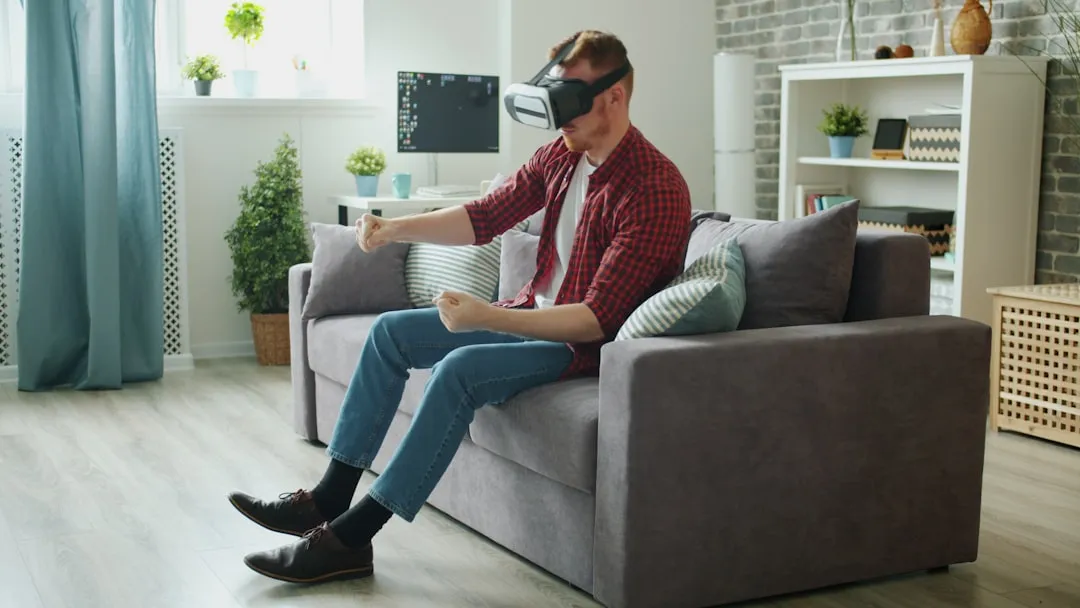



Comments
Be the first, drop a comment!